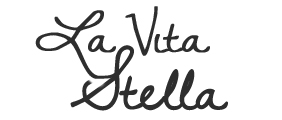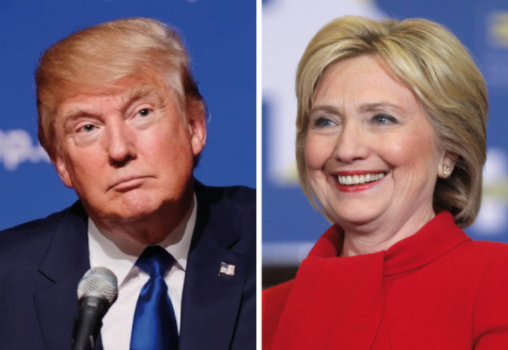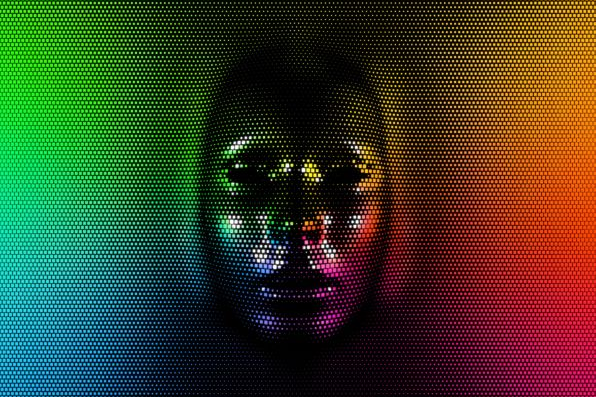A TED talk delivered by the masterful David Byrne on how architecture has helped music evolve has sparked deeper cerebral churning. Byrne went on to quote the American author Thomas Frank, regarding the voting process: “Voters (like a lot of us) assume if they hear something that ‘sounds like’ its sincere, that its coming from the gut, that its passionate… that it’s more authentic. And they’ll vote for that.” David also addressed how dangerous this can be if you can fake authenticity. Profoundly relevant with the 2016 Debates starting last night that will lead America on the path to who-knows-where-yet come November 8th.
This subject of our ‘authentic selves’ though is one that comes up time and again. From marketing methodology, we’re always taught to ensure our ‘brand’ is true to itself, that our correct tone and mission is transparent to the public, presenting an obvious continuity in our front-facing image. But how do we apply this rule to our individual human brand? Do you wake up and live truly authentically or do you present a version of yourself to others once you step out the door, only to leave it at the doormat when you return?
Some of us will say that we’re not allowed the luxury to exemplify all we stand for, whether its workplace scruples or societal expectations. We have to conform to an acceptable social standard of co-existence in order to prevent misunderstanding or perceived ignorance. One area that seems to have blurred these lines is of course social media platforms, where opinions and language are shared whilst we wear a protective digital mask. We can get honest opinions, we can explore our personalities and we can articulate in a way that might render us useless in real-life. The issue with this digital mask though, is that we do not literally live in a virtual reality (yet). So with this digital liberation, are we remembering to summon our authentic selves offline too?
The fascinating thing about human conversation is that we are able to build more ideas and impressions of self when we share. Mark Zuckerberg is obviously aware of this, but are you? There is a transparency that we give so freely online, yet withhold off and it is here that we need to bolster effort. If we inhibit ourselves with rules-of-play, then how will we summon creativity? How can we display passion when our concerns act as our defense? Finding the right tribes, acting on your gut-instinct and nurturing your passions will allow you to be more true to yourself. Our authenticity is our key to originality, something you cannot (and should not) fake.
(113)


